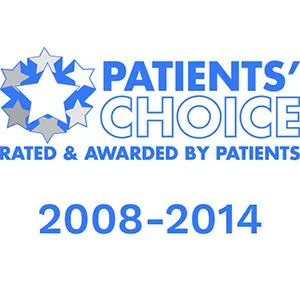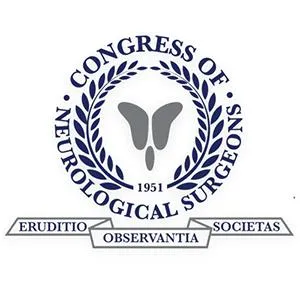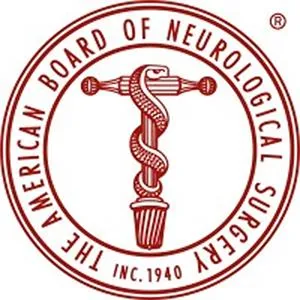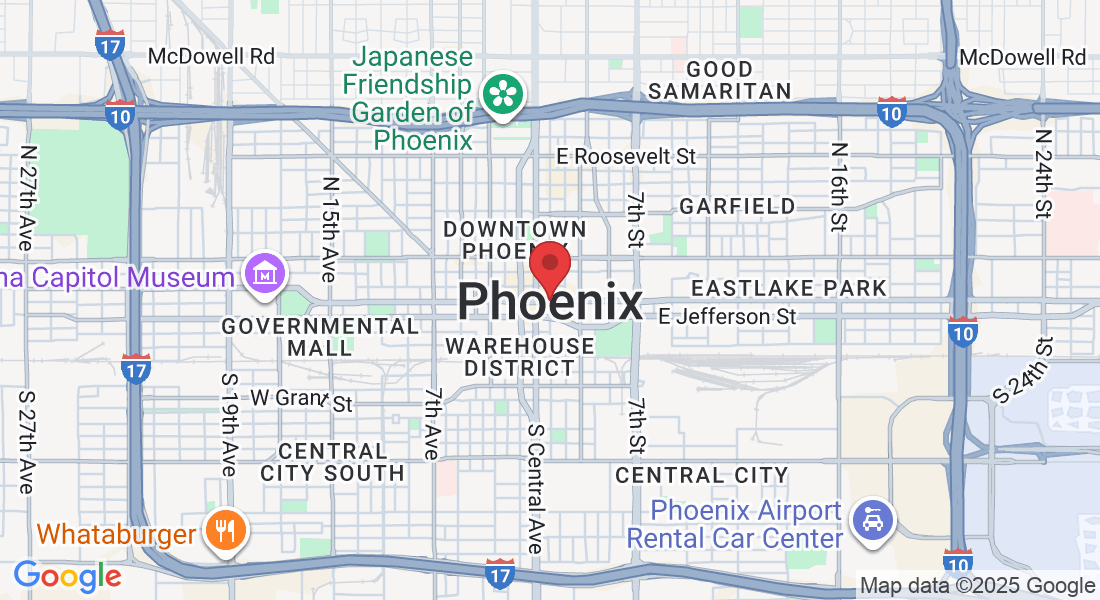Spine Nerve Conditions
Drop Foot
Understanding Weakness That Affects Walking
Drop foot (also called foot drop) is a condition where lifting the front part of the foot becomes difficult. Patients may drag their toes while walking, trip more often, or develop an abnormal “high-stepping” gait to clear the foot. At Desert Spine and Pain, we understand how frightening this symptom can be. Drop foot is often a sign of underlying nerve compression or injury. With early evaluation and treatment by Dr. David L. Greenwald, M.D., FAANS, FACS, one of the nation’s top neurosurgeons, many patients see improvement and avoid permanent weakness.

Over 100 5-Star Reviews!

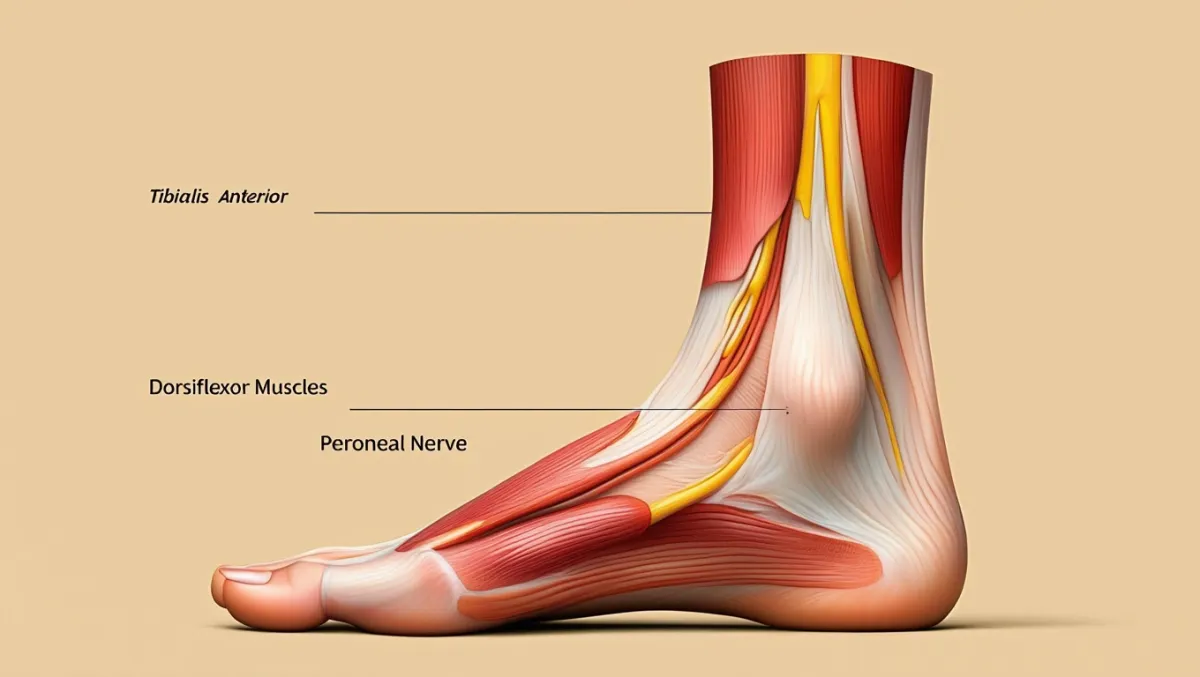
What Is Drop Foot?
Drop foot is not a disease but a neurological or muscular symptom. It occurs when the nerves or muscles that control the ankle and toes are weakened or paralyzed. In spine-related cases, drop foot often results from lumbar nerve root compression affecting the peroneal nerve pathway.
Causes and Risk Factors
Lumbar disc herniation – Pressure on the L4–L5 nerve root See Herniated Disc
Spinal stenosis – Narrowing of the spinal canal compressing nerves See Spinal Stenosis
Spondylolisthesis – Slipped vertebrae pinching nerves
Peripheral nerve injury – Compression or trauma to the peroneal nerve near the knee
Neurological conditions – Such as multiple sclerosis or stroke (must be ruled out)
Previous surgery or trauma – May injure the nerve pathways
Symptoms of Drop Foot
Difficulty lifting the front of the foot
Toes dragging while walking
High-stepping gait (lifting the knee higher than normal)
Frequent tripping or stumbling
Weakness in ankle or toes
Numbness or tingling in the top of the foot or shin
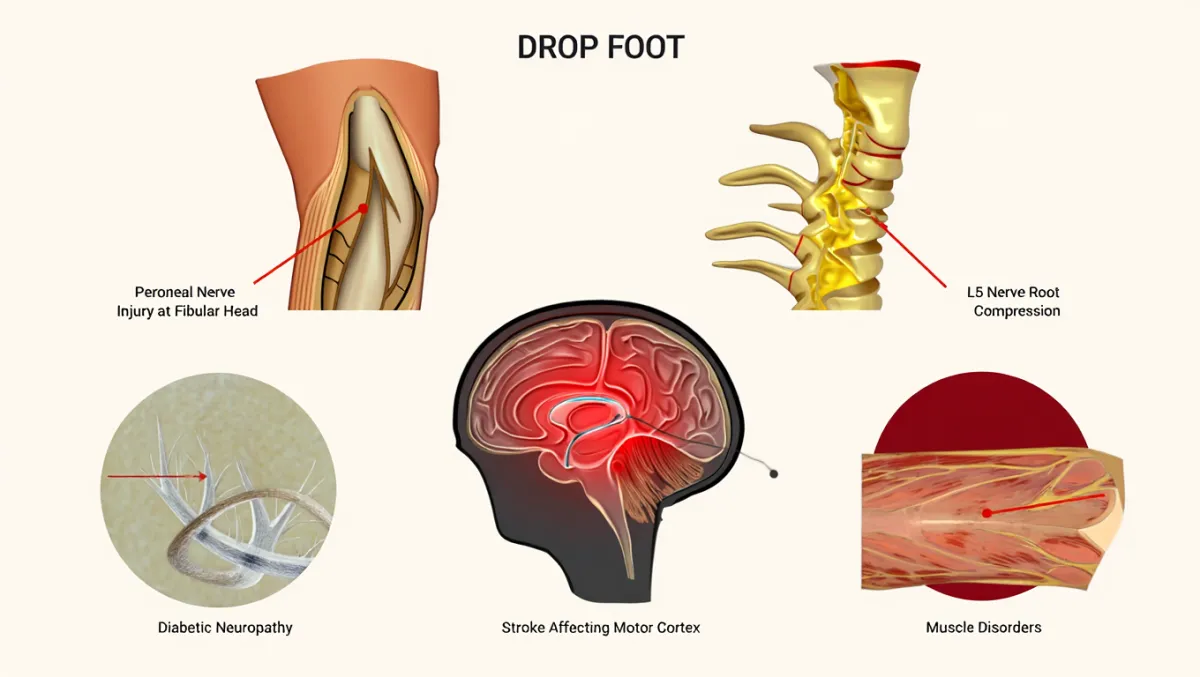
Diagnosis
At Desert Spine and Pain, evaluation for drop foot includes:
History & exam – Reviewing when symptoms started and associated pain
Neurological testing – Checking strength, reflexes, and sensation
Imaging – MRI or CT scans to check for nerve compression in the spine
Electrodiagnostic studies (EMG/NCV) – To measure nerve and muscle function
Treatment Options
Addressing the Cause
Since drop foot is a symptom, treatment focuses on the underlying problem:
Herniated disc surgery – Microdiscectomy may relieve pressure on the affected nerve
Decompression procedures – Such as Laminectomy / Foraminotomy for spinal stenosis
Fusion or stabilization – For instability causing nerve irritation
Supportive Therapies
Physical Therapy to strengthen supporting muscles and improve gait
Bracing (ankle-foot orthosis) to hold the foot in a normal position while walking
Electrical stimulation of weakened muscles (in some cases)
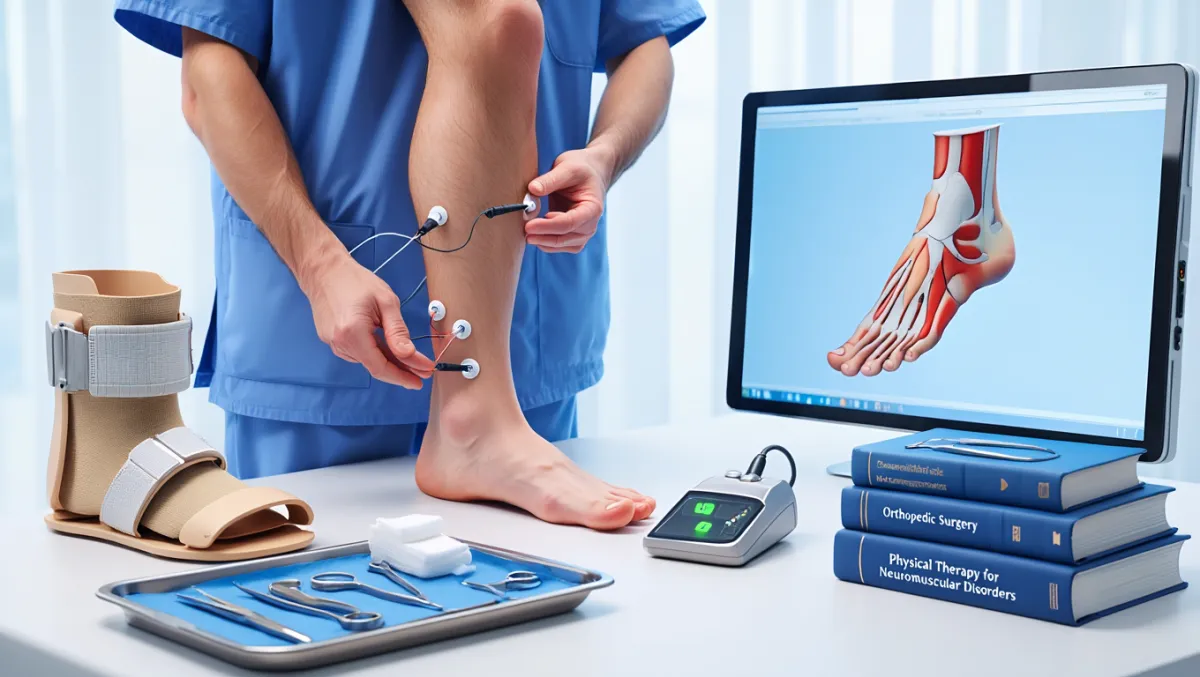
Recovery Timeline
Early intervention – If nerve compression is relieved promptly, recovery may take weeks to months
Delayed treatment – If weakness persists untreated for too long, full recovery may not be possible
Supportive therapy – Helps maintain function while nerves heal
Why Choose Desert Spine and Pain?
Nationally recognized neurosurgeon – Dr. Greenwald provides advanced care for nerve-related weakness
Comprehensive diagnostics – Quickly identifying whether drop foot is spine-related or due to another cause
Urgency in care – Recognizing that early treatment gives the best chance for recovery
Conservative-first mindset – Bracing and therapy when possible, surgery only if necessary

Frequently Asked Questions
Is drop foot permanent?
Not always. If treated promptly, many patients improve significantly. Untreated, it may become permanent.
Is drop foot always caused by a spine problem?
No. It can be caused by peripheral nerve injuries or neurological diseases. Proper evaluation is essential.
Can physical therapy fix drop foot?
Therapy can strengthen surrounding muscles and improve gait, but the root cause must be treated for full recovery.
How quickly should I see a doctor for drop foot?
Immediately. Early intervention offers the best chance of reversing nerve damage.
How does Desert Spine and Pain treat drop foot differently?
We provide urgent, precise evaluation and advanced surgical expertise from Dr. Greenwald, ensuring patients receive the fastest and most effective care.


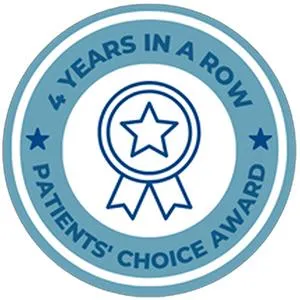

Dr. David L. Greenwald, MD
Neuro-Spine Surgeon


Call Now!
Desert Spine and Pain
A Spine Specialist is standing by.
Relief is just a phone call away!
Available Around the Clock.
Phone: (602) 566-9500
Email: [email protected]
Contact Us

Schedule a Drop Foot Consultation
If you’re struggling with drop foot or nerve-related weakness, early diagnosis and treatment are key to recovery. Dr. Greenwald and his caring team are dedicated to helping you understand the cause of your symptoms and providing targeted solutions to restore strength and movement. Every step you take toward treatment brings you closer to regaining stability and independence. Schedule your consultation today and let us help you take the next step toward lasting relief and better function.
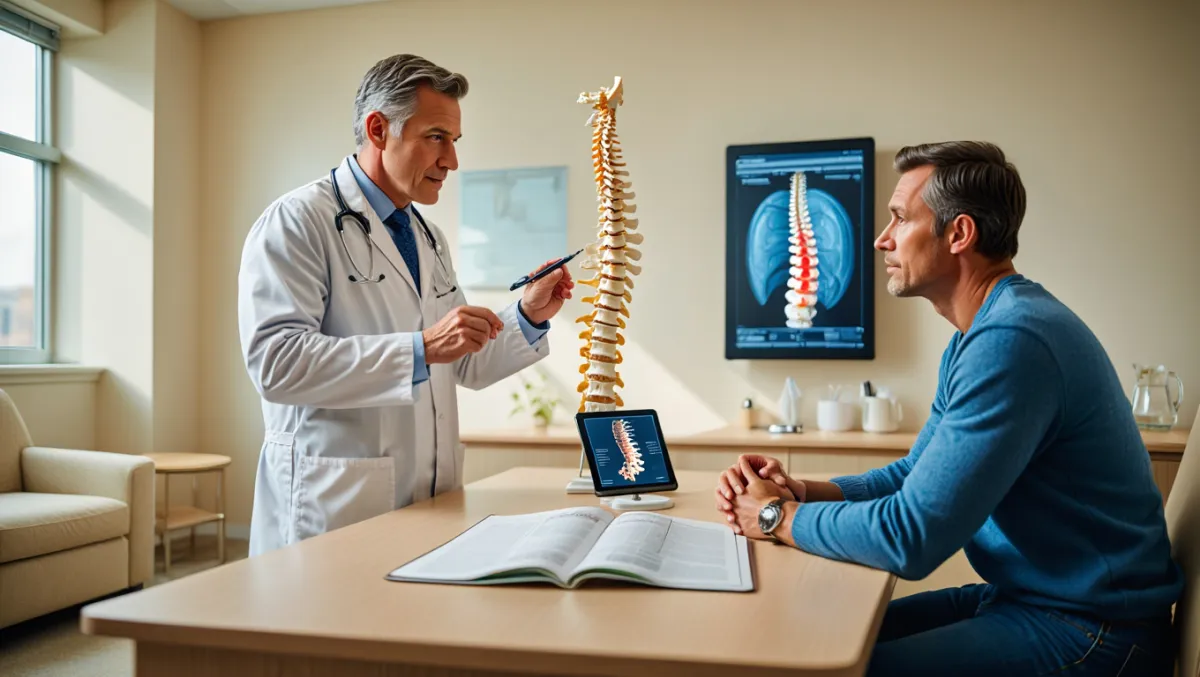
Voted Best Spine Doctor
Over 30 Years Experience in Orthopedic & Neuro Spine Surgeries.

Dr. David L. Greenwald, M.D., F.A.C.S.
Neurosurgeon | Spine Surgeon | Regenerative Medicine
Dr. David L. Greenwald, MD, FACS, is a board-certified spine surgeon specializing in the diagnosis and treatment of drop foot, a condition often caused by nerve compression or injury along the spine, particularly in the lumbar region. Drop foot can make it difficult to lift the front part of the foot, leading to tripping, instability, and gait problems. Dr. Greenwald uses advanced diagnostic imaging to identify the underlying cause—whether it’s a herniated disc, spinal stenosis, or nerve root damage—and develops a personalized treatment plan that may include non-surgical interventions or minimally invasive surgery to relieve nerve pressure and restore function. His expertise in spinal nerve decompression has helped countless patients throughout South Florida regain mobility and confidence in their movement.
Book your Spine Care Consultation Today!


Desert Spine and Pain
Patient Centered & Partner Focused
Quick Links
Resources
Connect With Us
© Desert Spine and Pain. 2026. All Rights Reserved. Sitemap





